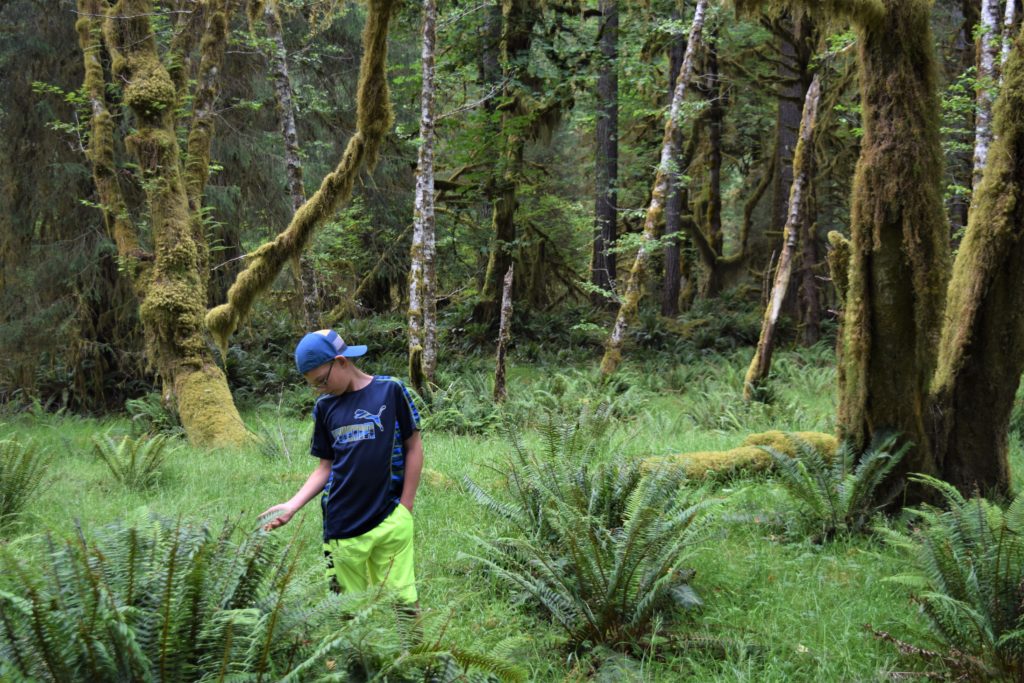It may come as no surprise that being outdoors is good for you. But did you know that being outdoors is actually scientifically proven to aide in improving many mental and physical diseases and can even mimic medications for those ailments? Here are 8 reasons why nature is the best medicine.
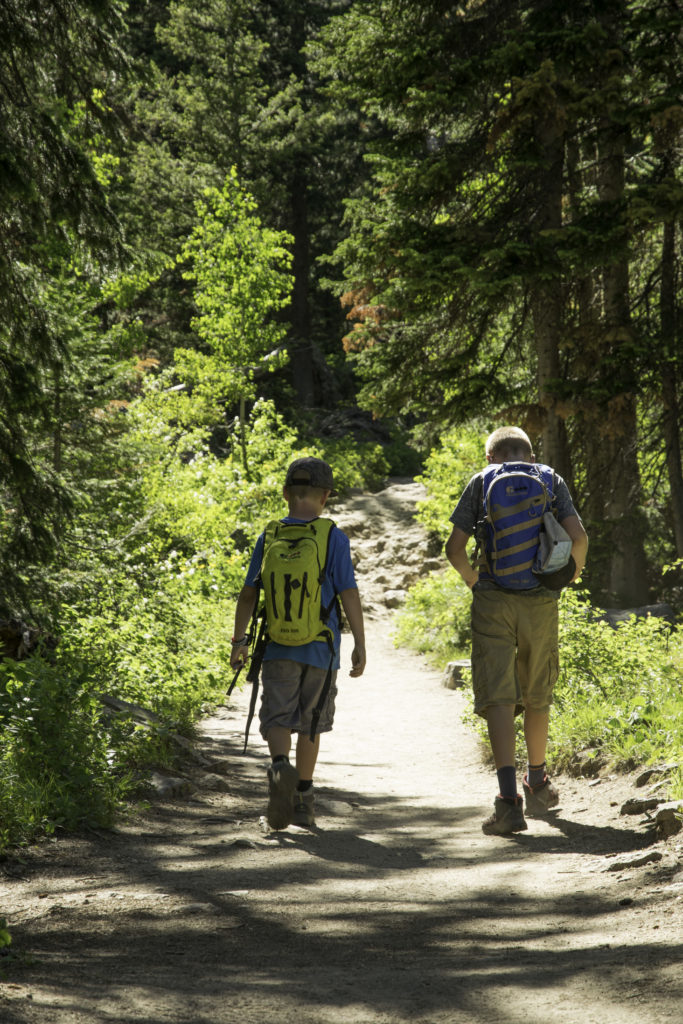
Hiking is one of the best ways to relieve stress.
1. Being outdoors improves happiness and productivity
Did you know that being outdoors increases serotonin and dopamine? Both serotonin and dopamine are natural chemicals or neurotransmitters in our brain that are responsible for sending messages between the brain and different nerve cells of the body. Serotonin is responsible for many functions such as memory, sleep, behavior, and appetite. Dopamine affects movement, emotional response, and your ability to feel pleasure.
Ever climbed to the top of a mountain? Or skied in fresh, un-tracked powder? How about rode a mountain bike down a single track trail on the edge of a cliff? That rush of adrenaline you experience doing those activities is that rise of serotonin which causes a spike of dopamine in your brain! (*It’s important to note that some people have genetically higher levels of dopamine in their brain which cause them to seek “extreme adventures” like base jumping.)
The good news is you don’t have to jump into extreme sports to experience a rise in serotonin and dopamine to reap the benefits such as happier mood. Even just being on a hiking trail, or canoeing on an alpine lake can lead to higher levels of these “happy hormones” and when you’re happy, generally you are more productive too!
Check out this article which talks about how being in nature scientifically increases your mood and makes you happier.

2. The outdoors can help alleviate depression and anxiety
Researchers have found being in the outdoors does little to improve or change physiological conditions, but it has been shown to change the brain. Neural activity in the subgenual pre-frontal cortex, a brain region active during rumination – repetitive thoughts focused on negative emotions – decreased among participants who walked in nature. Not only that, but there was a significant difference in people who walked in nature versus those who walked in an urban environment. Read this article on how hiking can help with depression and how being in the outdoors can be therapeutic.
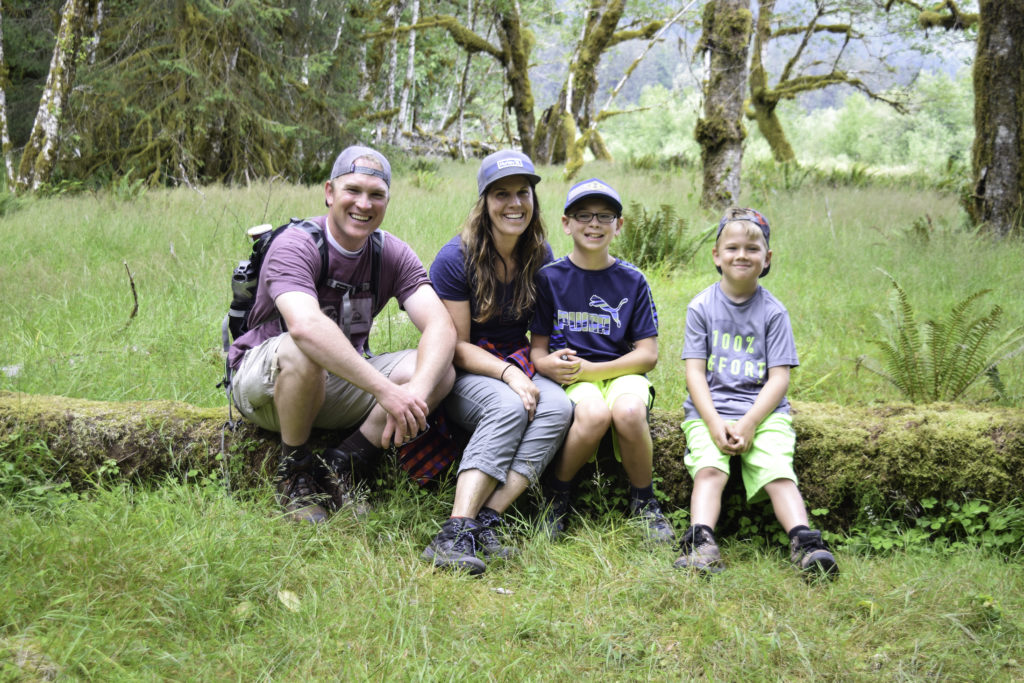
3. Being outdoors can stop obsessive thoughts
Did you know that being outside can help stop obsessive thoughts to help you clear your head and in turn promote mindfulness? Have you ever noticed that when you are in nature, you feel an almost instantaneously sense of peace and contentment? Sometimes it takes being one with Mother Earth to stop negative thoughts which lead to depression and anxiety (as mentioned above).
Researchers have found that hiking especially helps with stopping negative, compulsive thoughts. Studies have also found that creative problem solving can be improved by completely disconnecting from technology (aka our phones!) and connecting with nature. Imagine that! Read about a study done on hikers unplugging from technology in nature and how that led to more successful problem solving and creative thinking.
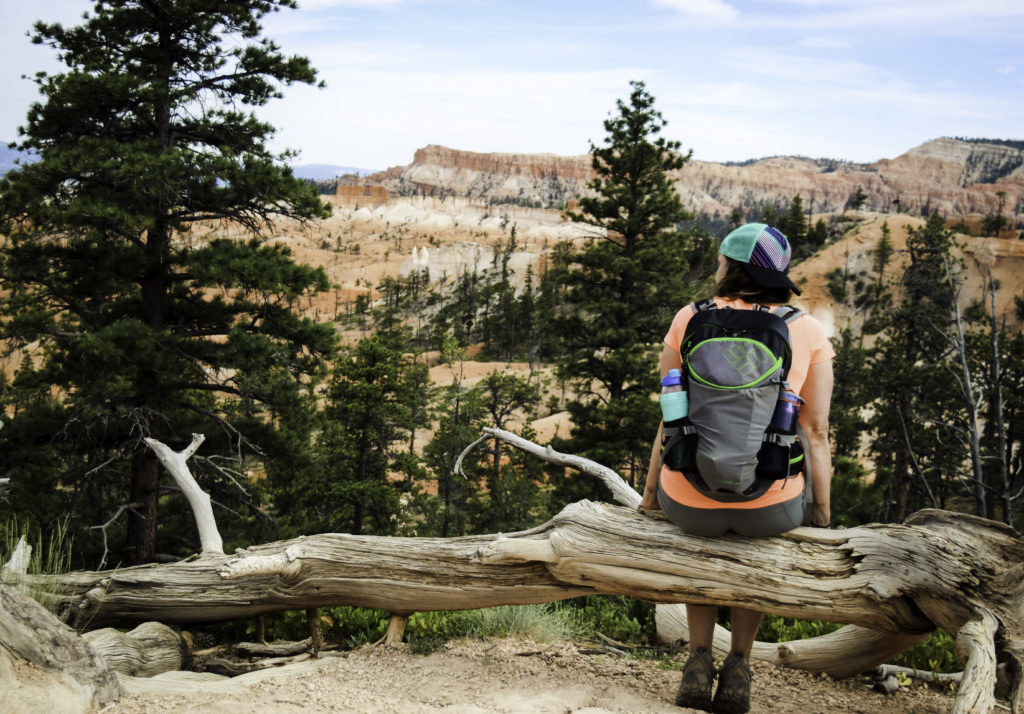
4. Hiking can improve ADHD in children
Attention Deficit Hyperactivity Disorder (ADHD) is becoming more and more common among children. Children who have ADHD have a hard time with impulse control and staying focused, they get distracted easily, and exhibit excessive hyperactivity. While raising children who have ADHD can be difficult for parents, the usual solution — opting for prescription medication — may be doing more harm than good, particularly when natural solutions can work just as well.
A study found that exposing children with ADHD to “green outdoor activities” reduces symptoms significantly. The results of this study suggest nature exposure can benefit anyone who has a difficult time paying attention and/or exhibits impulsive behavior.
On a separate yet related note, the compulsion to EXPLORE is associated with a gene found in approximately 20 percent of the population, called DRD4. That same gene is also found in children with ADHD. It is no wonder that ADHD symptoms subside with time spent in nature. Read more about the benefits of nature therapy in ADHD children.
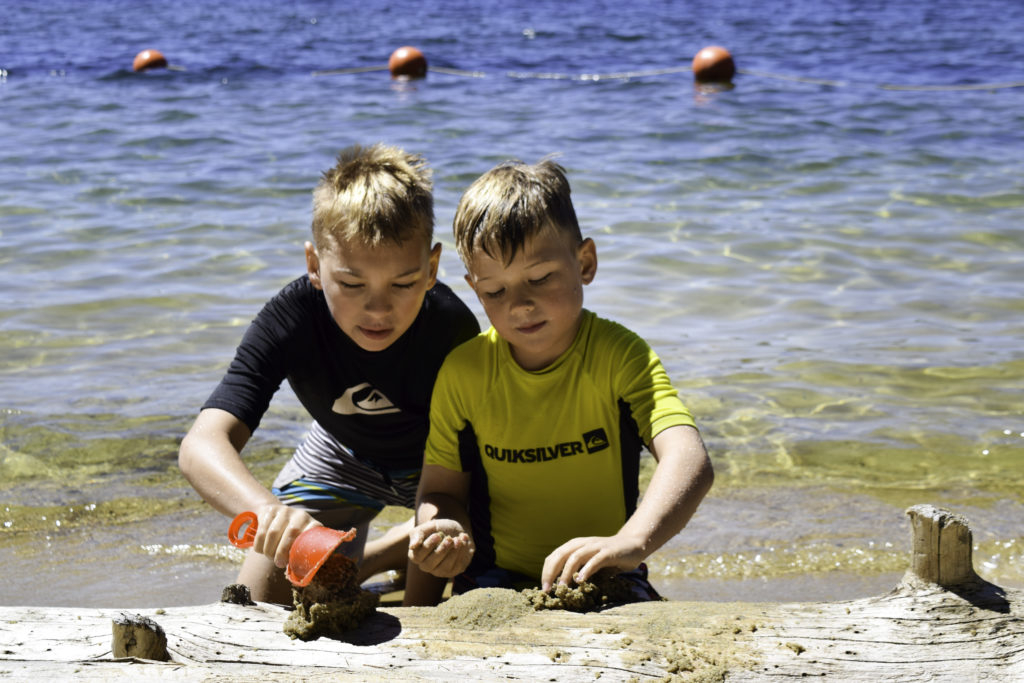
5. Being in the outdoors can be great exercise
This one might seem obvious because we all know that outdoor activities such as hiking and biking are great exercise and good for the heart, lungs, and muscles. But did you know that studies have shown that people who exercise outdoors are more likely to stick to their programs? Activities such as hiking not only have physical benefits, but also help the brain!
Researchers have found that this type of exercise can greatly improve memory, and of course as mentioned in the above benefits, spending time outdoors can also help the brain deal with stress, anxiety, self-esteem and release endorphins. Read more on the brain benefits of activities such as hiking.
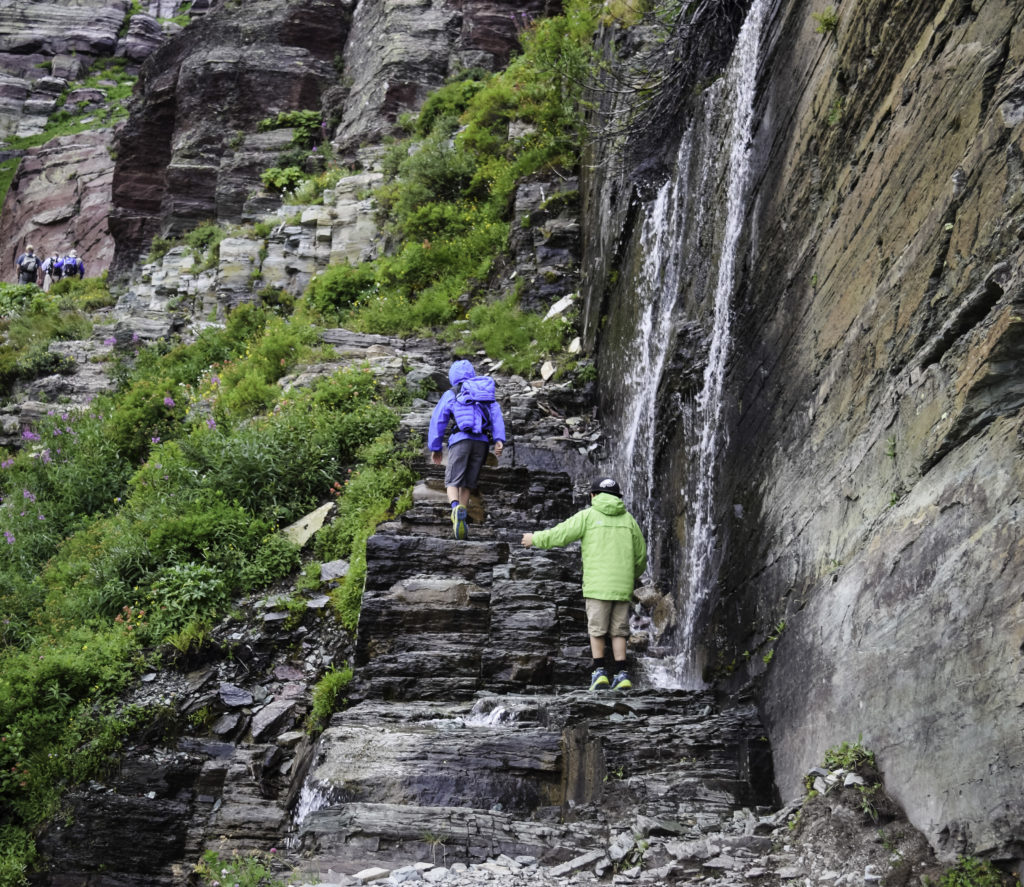
6. Being outdoors increases your vitamin D levels which leads to better moods
We all know that sunlight is our best and most direct source of vitamin D, but did know that there is strong link between positive moods and time spent outdoors in sunlight? In a recent pilot study done in the United Arab Emirates, researchers found that behavioral change was directly associated with mood change and vitamin D levels. What they also found was the participants who got more sun showed less symptoms of depression. But interestingly enough, the latest research shows that the primary antidepressant effect associated with sunlight is increased retinal light exposure rather than increased skin exposure to UV light.
The moral of the story is if you can adopt a more outdoor lifestyle, you will fare better in terms of mood and vitamin D status. And we all know that healthy vitamin D levels lead to a lower risk for many diseases such as cancer, cardiovascular deaths, cognitive deficiencies, asthma in children, and others. Read how higher vitamin D levels led to better moods.
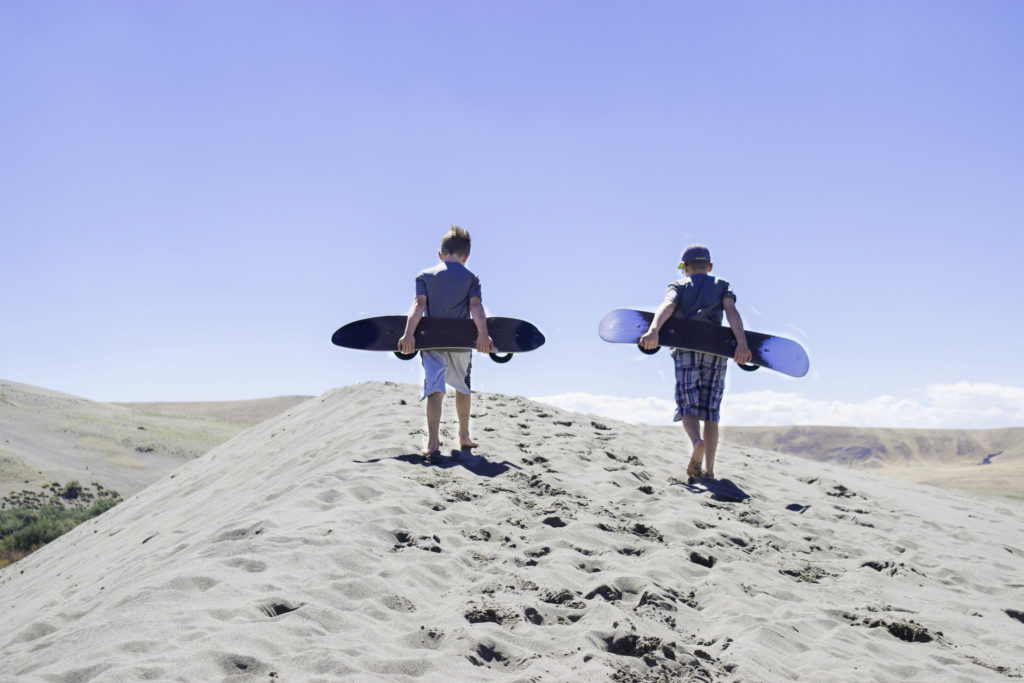
7. Being outdoors can build better connections
Spending time outdoors in nature, whether by ourselves or with loved ones improves our connections with each other and with Mother Earth. Unplugging from the world (literally), and focusing on your surroundings, who you are with, and being fully present with yourself and each other, might be one of our top personal benefits for spending time outdoors. When we can engage with our loved ones and enjoy the simple pleasure of being outdoors together while admiring the beautiful Earth, we can build long-lasting memories and connections.
We can also create a mindfulness that helps us to be more keenly aware of who we are, and can give us more gratitude, appreciation and love for the Earth and in one another. Isn’t that what it’s all about?!
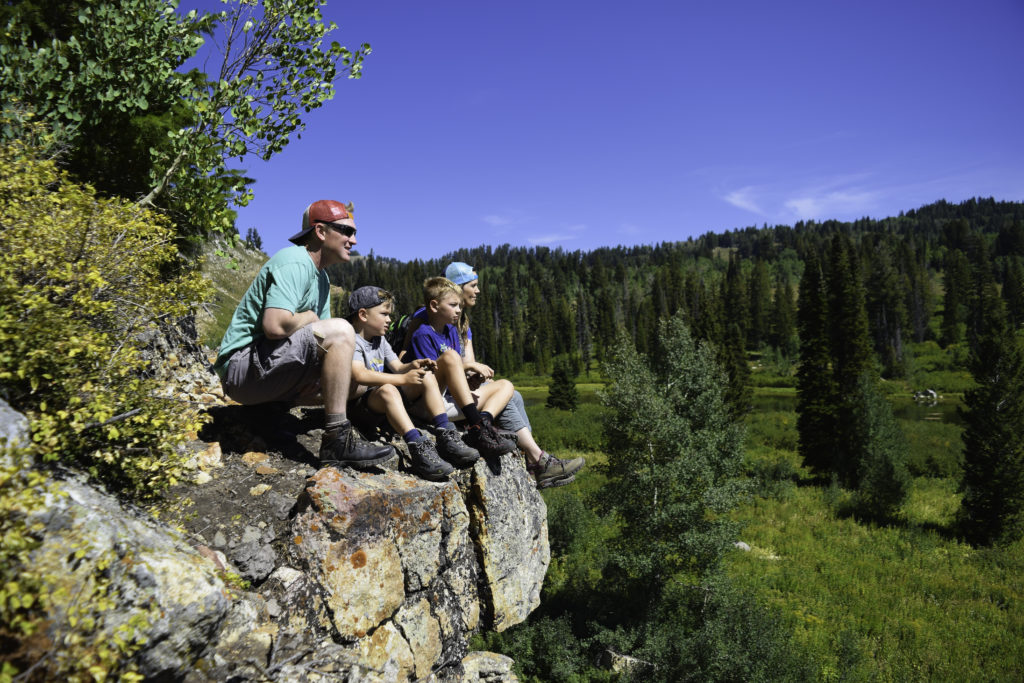
8. Being outdoors can be serious FUN
Serious fun, by our definition, is when you combine hard work with fun. Many outdoor activities require hard work, whether that is learning a new skill (such as skiing or mountain biking), or doing an activity (such as hiking) that require physical exertion! When you add kids to that, it can sometimes be frustrating, discouraging, and you may even want to throw in the towel! (Don’t worry, we’ve all been there.)
But when you combine hard work and try to make it fun (read our post on tips for making hiking with kids fun), all the while doing it together, you are creating SERIOUS FUN which makes for the most lasting memories, builds character and helps our relationships with one another grow and flourish. As humans (including kids), we are much more capable than we know. Our bodies and minds are meant to be tested so that we can learn, grow, and improve. When we can accomplish something difficult, it also greatly helps increase our self esteem and sense of self worth!
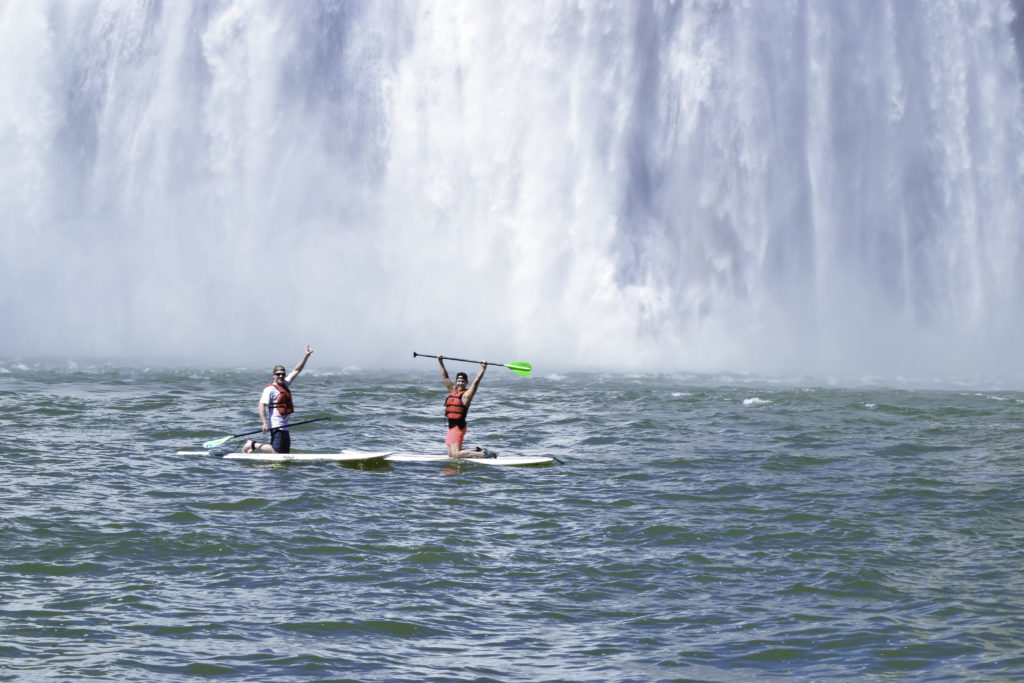
This is such an important life lesson that we can teach our kids. Teaching them to not quit, to keep trying, and to work little by little to improve and achieve a goal is so important. There are so many opportunities to learn these lessons in the outdoors together and in doing this, you can build a stronger family and help your kids grow up to be capable, determined, and know how to persevere through life’s challenges.
